"Flowers."
Once published, it was rated by thousands of readers as "one of the best Shanghai novels".
The theatrical version of the movie was then launched.
Wong Kar Wai + Hu Ge, 30 TV series.
Sir’s expectations are directly full, but one year, two years, three years… what about the movement?

Not only was Wang Jiawei slow, but Hu Ge was also slow.
After "The Wild Goose Lake", it was mostly a cameo and a friendship.
Want to become invisible?
Sorry, Sir can agree, but neither can the audience:
"But there are also books 2."
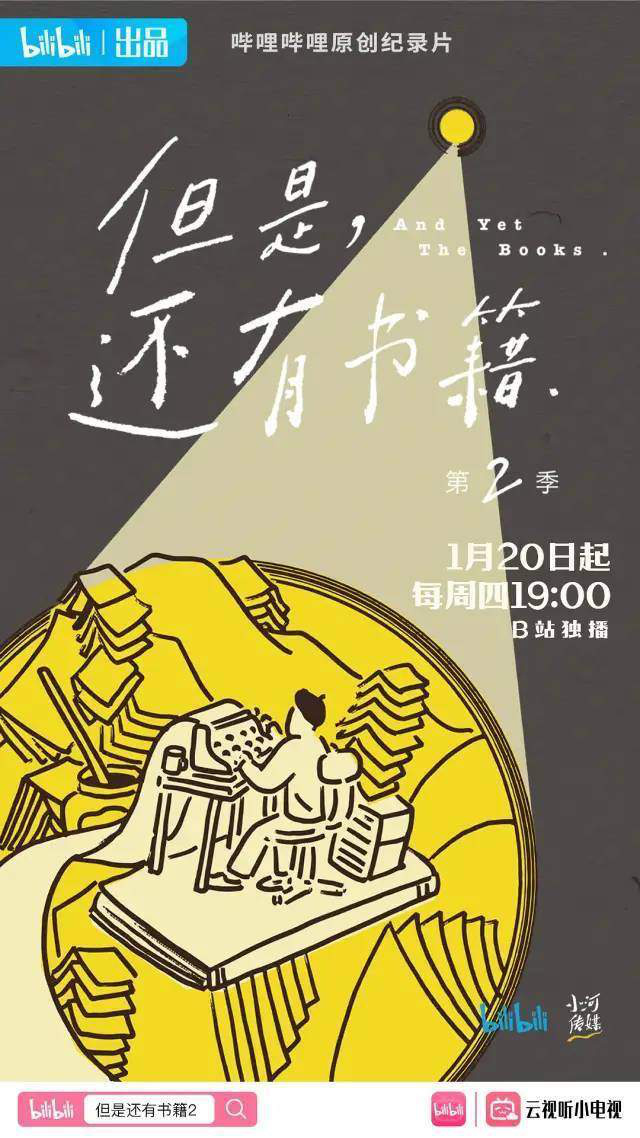
A documentary produced by Bilibili, with Hu Ge dubbed throughout the process.
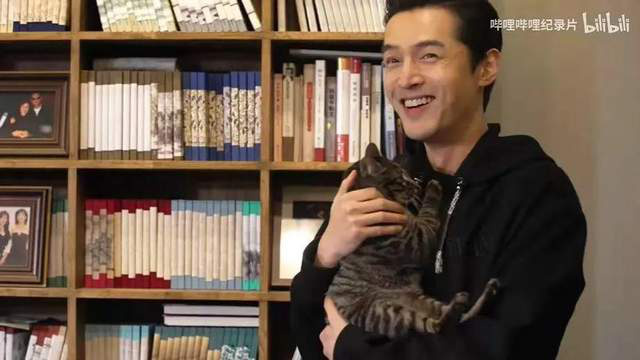
In the first season, Bilibili scored 9.8, and Douban was also rated 9.1.
In the second season, it was higher and harder, with a score of 9.5.
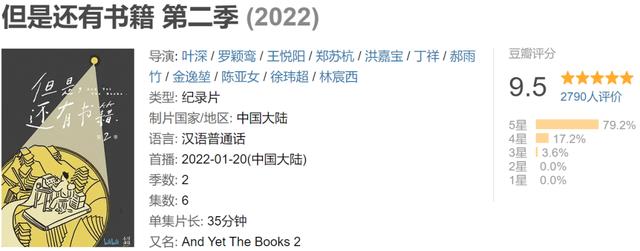
The fast-paced era where traffic is king.
We talk about fighting "fragmentation," but how?
Documentaries dig up dusty answers from books
Go and see those who are still holding on.
01
hold on
The library.
The quietest corner of a city is filled with the most vibrant thoughts.
For some people.
It preserves the spark of civilization and is a paradise for resting the soul.
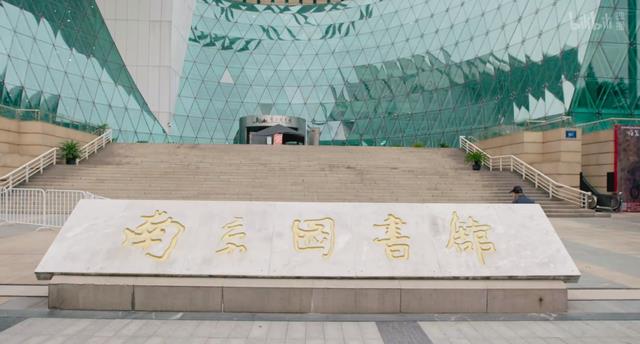
At the age of 98, Shen Xieyuan is a veteran figure in the field of domestic bibliography.
Mr. Shen has been retired for more than 30 years, but he is still living his pre-retirement life.
From six o’clock in the morning, take the bus at seven o’clock, and then stay in the library for a whole day.
When the wind blows, so does the rain.
Only do two jobs.
Catalog, buy books, repeat.
He described being in the library as a fish swimming in the water, "if I get out of the water I will die".
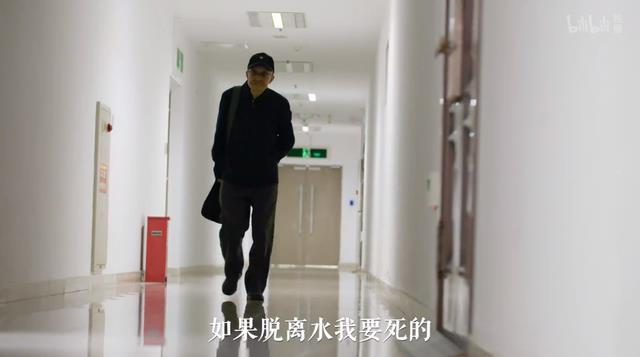
But the senators are not in longevity, nor in attitude.
And in practical learning.
By observing the lines, taboos, engraving, paper, fonts and seals, we can easily distinguish the version and authenticity of ancient books.
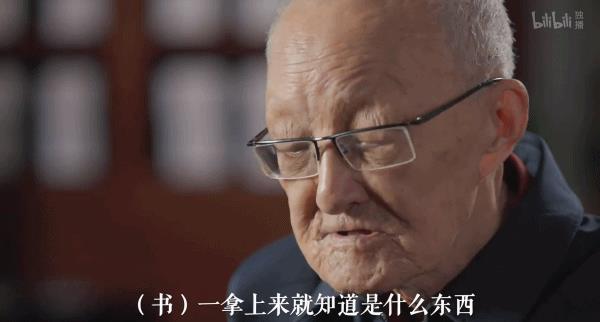
For example, "Western Han Dynasty will", one can tell at a glance that it is the Song Dynasty.
Due to the frugality of the time, government documents were not destroyed, but reprinted into books.
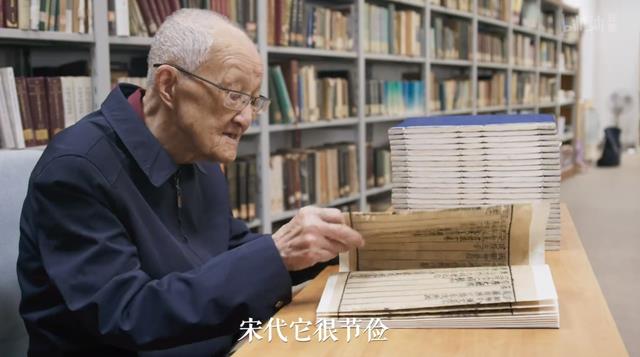
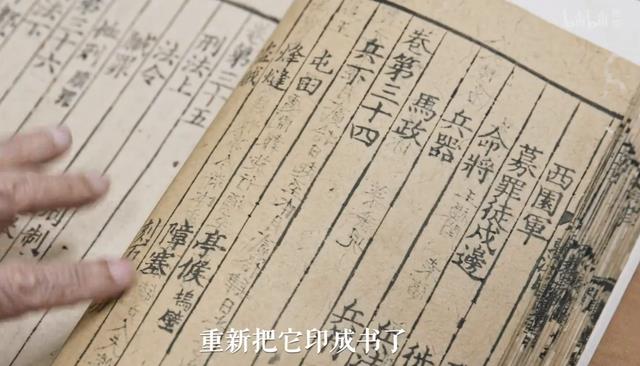
Or "Qing Tang Han Question".
Tang Han in the Qing Dynasty?
Or was the comment written by Tang Han in the Qing Dynasty?
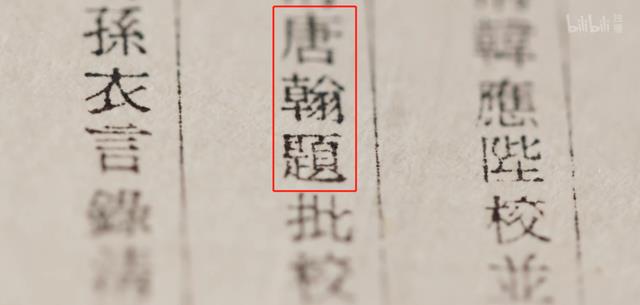
He could tell at a glance that it was the former.
Because there was really someone named Tang Hanti in the Qing Dynasty.
He is upright and has a trendy mind. He once served as the military curtain of Zeng Guofan, and then rose all the way to the third rank.
It was not until he witnessed the corruption of the Qing court that he returned to his hometown after several fruitless remonstrations. His son Tang Jixun was still one of the seven martyrs of 1911.
After more than 70 years of research on ancient books, Shen Lao is known in the industry as the "Living Dictionary of Ancient Books".
In 1975, Premier Zhou proposed to compile a national catalogue of rare books as soon as possible, thus starting the largest ancient book compilation project in the history of our country in the past 100 years.
In the era without the Internet, 40 researchers including Shen Lao read hundreds of thousands of ancient book cards in a concentrated manner.
Relying on your own knowledge, check carefully whether there are any errors or omissions in the title, author, volume number, edition, and various descriptions of the book.
This check is the "dead sitting" for 18 years.
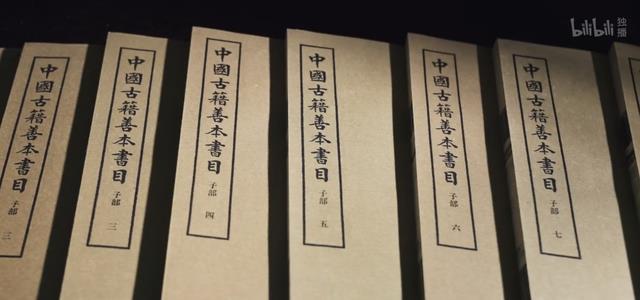
After the book was completed, the academic world was shocked.
It was unanimously elected as "the most authoritative joint catalogue of rare ancient books".
Mr. Shen was also awarded the "Special Contribution Award" by the Ministry of Culture for this.
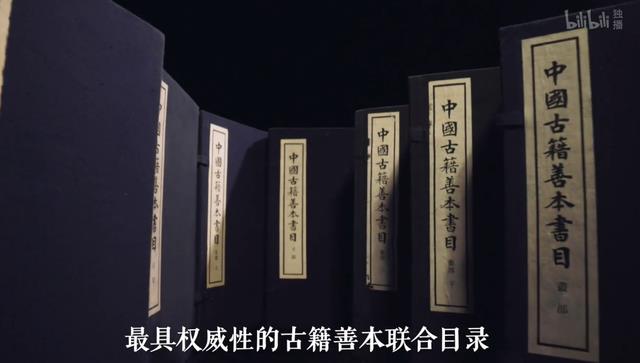
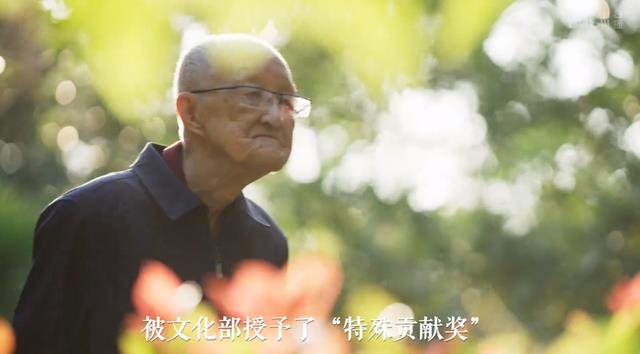
Sir said earlier that Shen Lao still insisted on working for nearly 30 years after retirement.
What he did was a knot in his heart
Huang Pelie.
A famous book collector and collator in the Qing Dynasty, known as "the first person to collect books in 500 years".
He loved to write postscript (referring to the comments behind books, articles, etc.), and most of the ancient books he reviewed were of great value, even making "yellow postscript" a proper term.
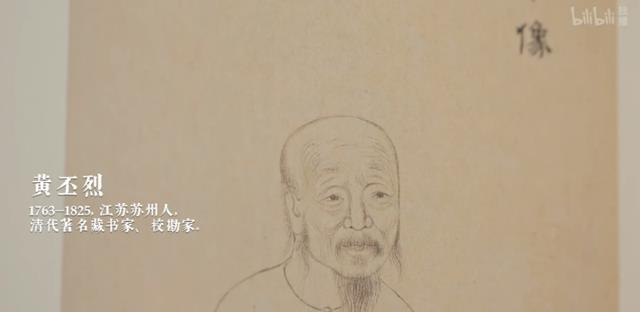
And Old Shen just wanted to sort out his postscript collection.
First, re-proofread the collection of yellow postcards organized by the predecessors, and then do everything possible to search for unrecorded trudges. Every time you find a place, you can’t help but smile.
Happy as a 100-year-old child.
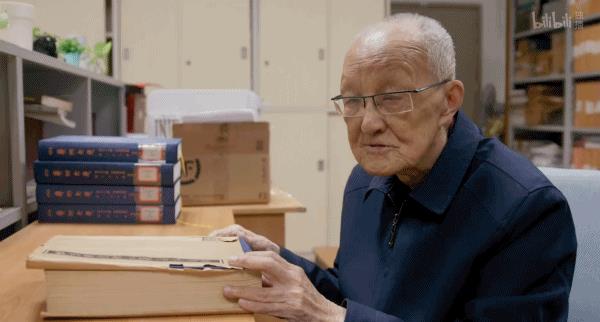
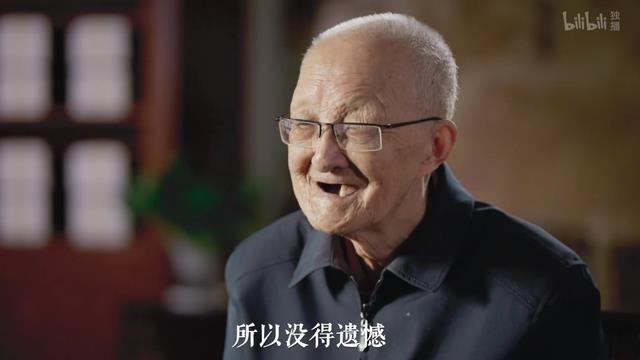
It was not until 2020 that Mr. Shen finally compiled the "Shiliju Inscription and Postscript" of more than 800,000 words, and quickly put it into the huge project of secondary proofreading.
But such an energetic person, when interviewed by the documentary creator, the most mentioned word was "time".
Apart from drinking tea, eating and sleeping, he devoted all his time to compiling ancient books, but he still felt that there was not enough time.
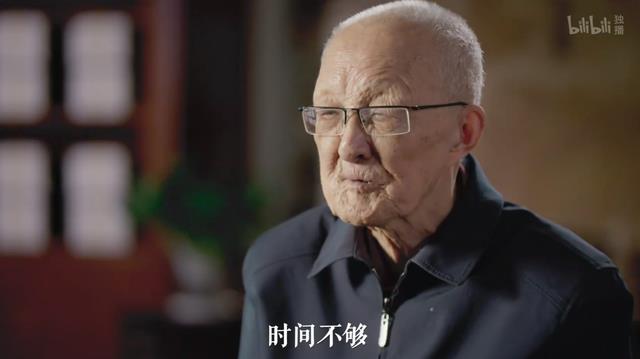
Shen Lao told us with practical actions.
There is no need to lament how many 18 years there are in a person’s life. What makes people happy is what they desire.
There is no need to whine about the difficulties of life.
If you can live every day in a down-to-earth manner, the good times will always be there.

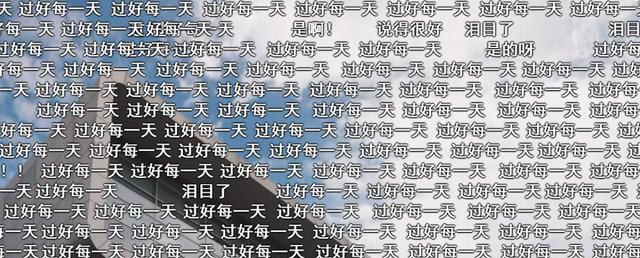
02
seek knowledge
From heavy possession to light use, to hiding and using, to resource sharing.
With the development of the times, the main functions of the library have undergone many iterations.
But the only constant is for people to learn.
As Bacon said.
Human nature is like wild flowers, seeking knowledge and learning is like pruning and transplanting.
For people outside the industry, the significance of libraries is not to facilitate research.
On the grasslands of Tagong, Sichuan Province, more than 3,700 meters above sea level, the Tibetan monk Jiumi built a library called "Narangma".
The children nearby would read books, sing songs, write homework assigned by Kume, and make new friends here…
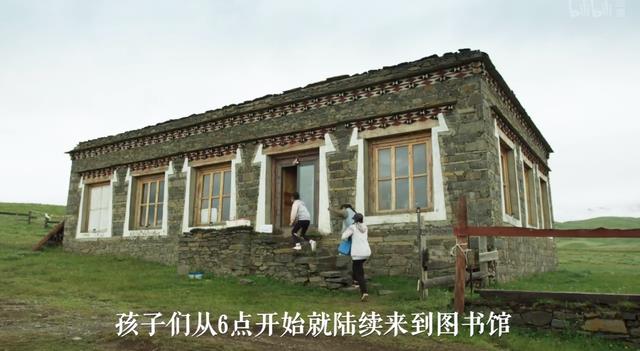
In 14 years, Jiumi was studying at Gusu Hanshan Temple.
That winter, an earthquake broke out in Tagong, and Jiumi participated in the rescue and distribution of supplies.
After that, he no longer took a passenger boat to listen to the bells in the temple at midnight, but stayed at the tower.
Jiumi had spent time in "big cities" and felt that the people there had a good attitude towards progress and a good plan for their future life. She believed that only knowledge could lift a region out of poverty.
From making and selling highland barley sauce to raising funds, to self-learning architectural design and drawing, to moving wood and hundreds of catties of stones.
Jiumi spent nearly two years building the first library on the Tagong grassland.
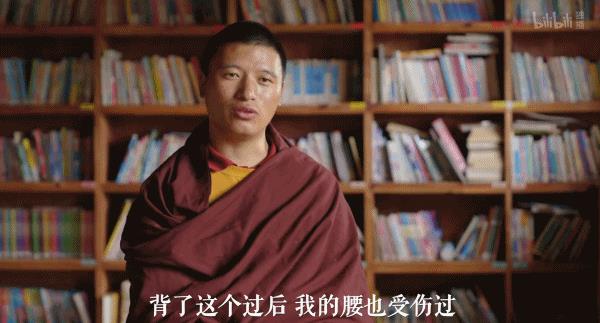
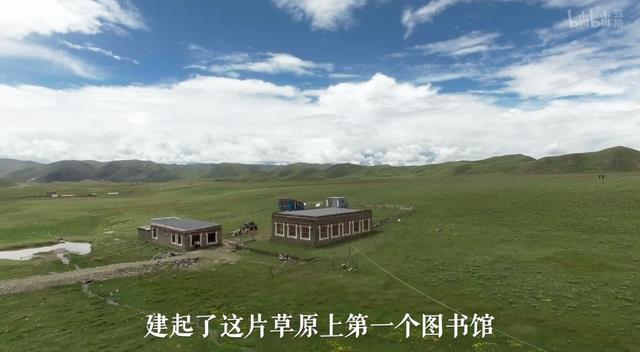
Narangma, which means "in the forest", is the old name of the village where it is located.
It is also a true portrayal.
19-Year-old Ram has just completed the college entrance examination, but still comes here often to read, and his favorite novel is "Notre Dame de Paris".
Quasimodo, who was very ugly, was abandoned by his relatives and society.
He had a tetrahedral nose, a horseshoe-shaped mouth, one eye, a hunchback, and a lame man. His body was about the same height and width, and his lower parts were square. His legs looked like two scythes from the front, with the hilts connected to the hilts.
But Ram loved it.
He was considered "pure at heart" and "helped the heroine many times."
She said she resembled Quasimodo in a way.
Also because of Quasimodo’s literary image, his personality became cheerful and his face often bloomed with a smile.
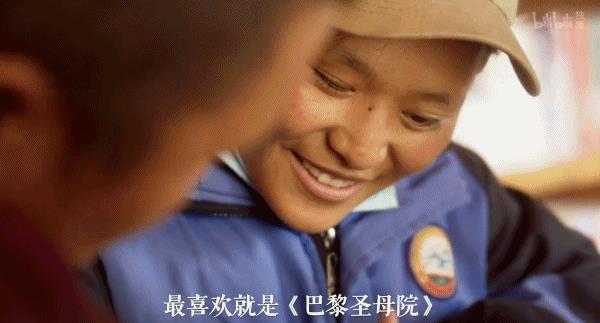
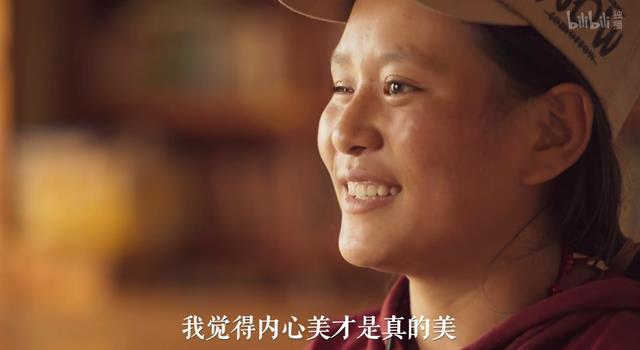
Ram wrote his first short story in middle school, titled "The Last Smile."
The protagonists are her and her father, who passed away six years ago.
Recently, she is writing another novel.
In this twenty-first century, where technology and transportation were developing rapidly, families without a car of their own were as few as the stars in the daylight. In poor households, there was at least one motorcycle, but in Auntie Zeji’s house, not to mention a car, there wasn’t even a motorcycle…
Look, in less than a hundred words, metaphors and contrasts are used to accurately describe the poverty of Auntie Zeji’s family.
Ram said it was a story about her and her mother.
The family depends on her mother for their livelihood.
This hard-working mother, who raised two children alone, is one of the few female construction workers in the area. When she is not alive, she will dig for Cordyceps.
She hopes her child can study hard.
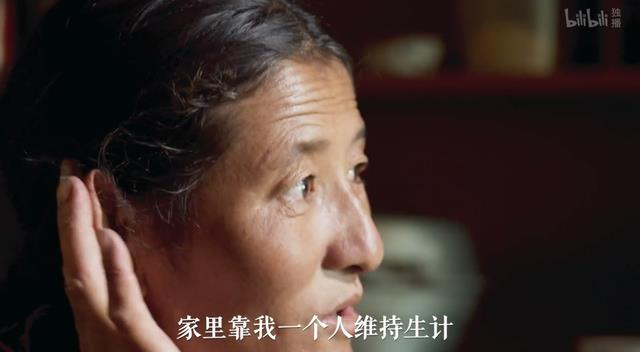
Ram did exactly that.
But sometimes, she feels "so useless" and doesn’t know what the meaning of reading is.
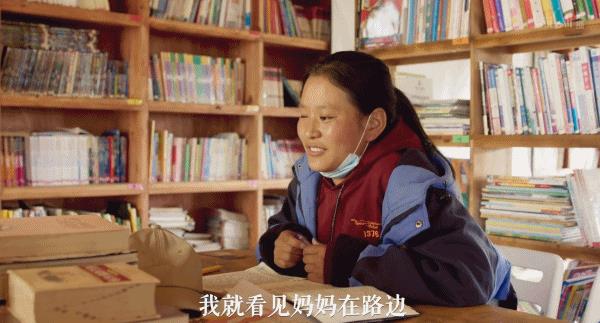
Ram’s confusion was not unfamiliar to Kumei.
Some children want to share their worries for their families early, believing that it is better to go to work early to subsidize their families.
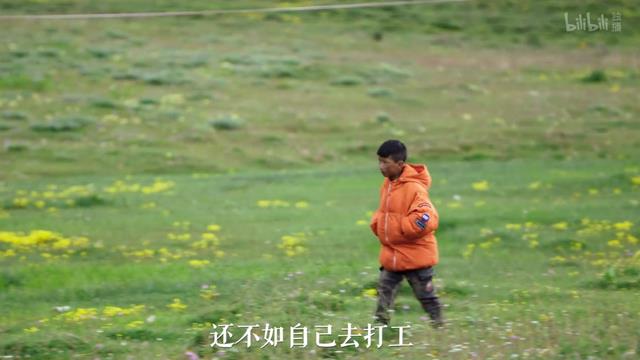
Kumi will do its best to broaden children’s horizons and change their minds.
For example, invite friends from all walks of life to share with them.
Music teacher, painter, writer…
This is the deeper meaning of "Naram":
He wants books to be "a window into a wider future" for children.
Rather than being trapped in the "forest".
03
look back
Sir found that more and more documentaries have been successful in recent years.
Especially in conversation and humanities.
And the audience is eager to score high, starting with four stars and not high with five stars.
Except for "Thirteen Invitations" and "Round Table", it was as strong as ever.
There are also "The World", "Childhood in a Foreign Country", "Talking to Strangers", "Unreached Realm"…
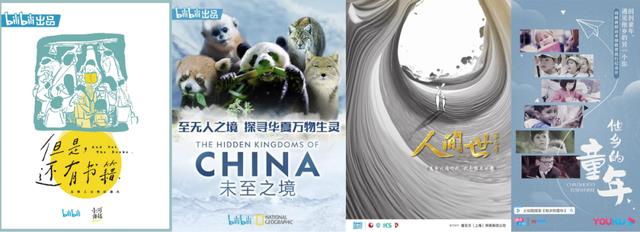
Sir harshly said that many documentaries still have a lot of room for improvement in terms of creative techniques and forms of expression.
9 points + at every turn, it is better in the subject matter and better in the angle.
More importantly, it is better to touch the deepest and softest sincerity in people’s hearts.
And this is what many creators in the current film and television industry lack.
For example, "Book 2", in the effective rating of Douban, the proportion of four or five stars is as high as 96.4%.
One or two stars?
Not one.
But Sir believes that a large part of this high score is "shame score".
The only officially authorized Chinese translator of One Hundred Years of Solitude?
A researcher who has compiled many ancient books for decades?
I’ve heard it for a long time.
The explosion of MCA writers, so many outstanding writers I have never even heard of?
Are there still people in such poor conditions in poor areas who are working hard to study and support their families?
Ashamed.

I’m ashamed of my lack of knowledge about the book industry.
It’s a shame that so many people have been loving books for decades.
Or feel ashamed to forget how long you haven’t read.
Look at the data.
In 2020, the per capita reading volume of paper books for adult Chinese citizens was 4.70, up from 4.65 in 2019. The per capita reading volume of e-books was 3.29, up from 2.84 in 2019. The per capita reading volume of paper newspapers was 15.36 issues (copies), down from 16.33 issues (copies) in 2019. The per capita reading volume of paper periodicals was 1.94 issues (copies), down from 2.33 issues (copies) in 2019.
China Academy of Press and Publication "The 18th National Reading Survey"
4.65 and 4.70 per capita.
Are you being pulled down? Or are you being raised?
The answer doesn’t matter
Compared to this year’s answer.
Many media are accustomed to, or eager to create contrast in reading.


We seem to be able to glimpse an elitist arrogance in similar news.
But the reality is always that there is arrogance above arrogance.
Luo Xiang once shared a true story.
The university held a Hunan fellow meeting, but no one called him. He asked why?
Others said that today was the Changsha Provincial City Fellow Meeting.
He didn’t give up and asked another Changsha classmate, You are from Changsha, why don’t you go?
The classmate replied, today is the Changsha City Fellow Association, and I am from Changsha County.
Finally, he used it to dissect himself.
In fact, you are using your
False sense of moral superiority
To hide your heart
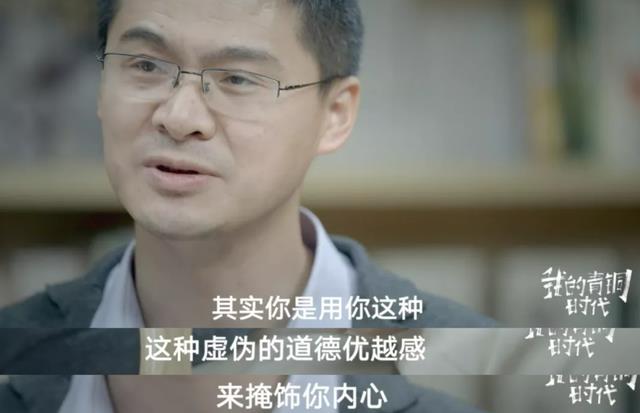
And use it to correct the trajectory of your life.
Remind yourself to "move from books to reality".
Many people have talked about the significance of reading in reality.
The black hair does not know how to study early, and the white hair regrets studying late.
– Yan Zhenqing
Reading a good book is like talking to many noble people.
Goethe.
Child, I ask you to study hard, not because I want you to compare your grades with others, but because I want you to have the right to choose a meaningful and time-consuming job in the future, rather than being forced to make a living.
– Long Yingtai
Some people may ask, after studying for so long and reading so many books, why do girls still have to go back to an ordinary city, work an ordinary job, marry as a wife, do laundry and cook, meet their husbands and raise their children? I think our persistence is because, even if we eventually fall into the tedious and wash away the lead, the same job, but with a different mood; the same family, but with a different mood; the same descendants, but with different literacy.
– Yang Lan
There are ancient teachings that have been passed down to this day, as well as famous sayings that were born not long ago.
You’re right, it’s just a different perspective.
Shen Lao and Jiumi both talked about the significance of their actions.
One is "no regrets".
One is to hope that "our mindset is open to the world, even if I sit on this grassland, my heart can be connected to some development of the whole world, and then we can truly walk out of the mountain."

What is the significance of reading for us?
Faith, charging, passing the time, escaping loneliness, finding a kind of spiritual sustenance, peeping into other people’s lives…
Sticking to cultural positions, weaving ideological carriers, a means to fight against nothingness, a way to find oneself…
Whether it is utilitarianism or love, Sir agrees.
After working for a long time, Sir often thinks of his student days.
There is no such pressure in life, nor is there any academic pressure of having to take exams.

Just read a book.
Sometimes you can feel trees standing in the sun, weathered stones, a beast, a mountain, etc., all of which have their lives and their histories.
They survive independently, with pain, adversity, and pleasure, and then gradually die.
At a certain moment, he would also feel that the question of "what is the use of reading" was useless.
The book is there for people to read.
Just as the name of the documentary originated from Milosz’s poem:
But the books will stand on the shelves.
This is the true existence.
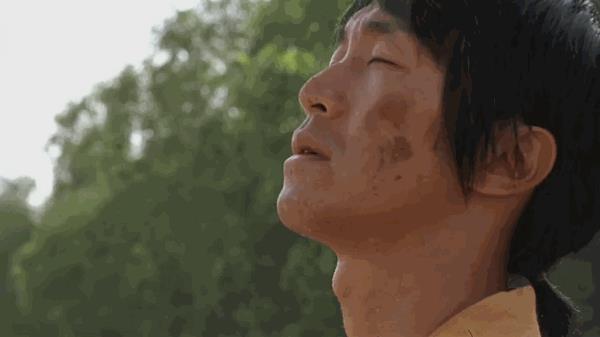
The pictures in this article are from the Internet
Editorial Assistant: Li Xunhuan does not make fun